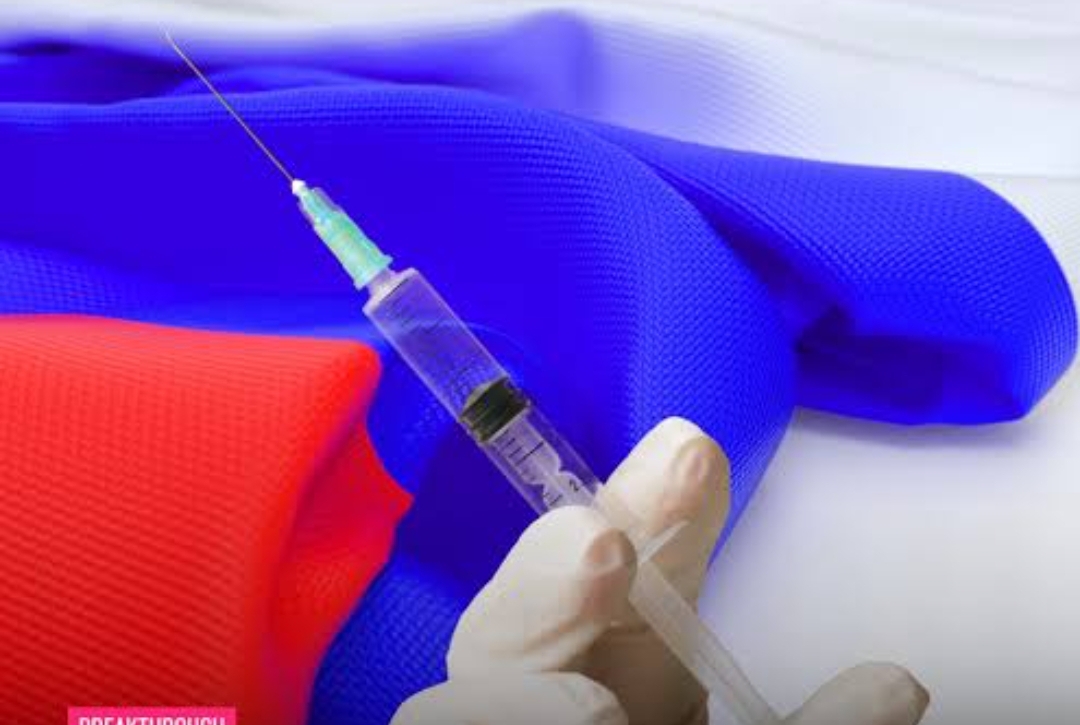Russian Cancer Treatment Research
Russia Advances in Cancer Treatment
In recent months, Russian researchers have made headlines with Enteromix, a personalized mRNA-based cancer vaccine developed by the Federal Medical and Biological Agency (FMBA), the National Medical Research Radiology Centre, and other institutes. The vaccine is designed to treat existing cancers rather than prevent them. Key features include tailoring each vaccine dose to a patient’s tumour RNA/neoantigen profile, enabled in part by AI-assisted identification of tumour mutations.
Preclinical trials of Enteromix reportedly show strong tumour shrinkage — in colorectal cancer models the vaccine caused reductions of 60-80%, with some reports of complete elimination of tumours in animal studies. Moreover, early human trials (Phase I, about 48 participants) are said to confirm good safety. Russian authorities expect that after regulatory approval, the vaccine will be made freely available to Russian citizens.
Other lines of research are also progressing:
- A TCR-engineered T-cell therapy (TCR-T) is being developed by Sechenov University for certain blood cancers; preclinical animal model work is underway, with clinical trials expected in 2026-27.
- For glioblastoma, one of the most aggressive brain cancers, researchers have built a microfluidic “blood-flow mimicking” platform. It helps to test drug penetration (e.g. temozolomide), and with additional treatment using red light, reportedly destroys up to 95-98% of glioblastoma cells in model settings.
These developments indicate Russia is pushing into the frontier of personalized immunotherapies and engineered cell-based treatments. If Enteromix and TCR-T therapies scale successfully, it could shift cancer treatment away from more toxic, generalized chemotherapy toward more precise, patient-specific options with fewer side effects.
However, several challenges remain:
- Rigorous larger trials: While safety and tumour shrinkage are encouraging, the evidence is so far limited in scale; Phase I / preclinical results must be validated in larger, randomized clinical trials.
- Manufacturing and cost: Personalized vaccines require individualized preparation per patient, which can be logistically complex and expensive, even if governments subsidize costs.
- Regulatory approval & oversight: Ensuring that efficacy, safety, and reproducibility meet international standards will be key before these treatments can be widely adopted.
- Access & distribution: Making cutting-edge therapies widely available in Russia’s large and diverse regions — and potentially abroad — will require infrastructure, trained personnel, and funding.
In sum, Russia’s recent cancer-research — especially with Enteromix — represents a potentially important advance in immunotherapy and personalized medicine. The early results are promising, but much depends on upcoming trials, regulatory approvals, and scaling. If those go well, these technologies could improve survival, reduce treatment side-effects, and transform how certain types of cancer are managed worldwide.
Disclaimer: The article is based on news available in reputed publications however we do not confirm the authenticity.





